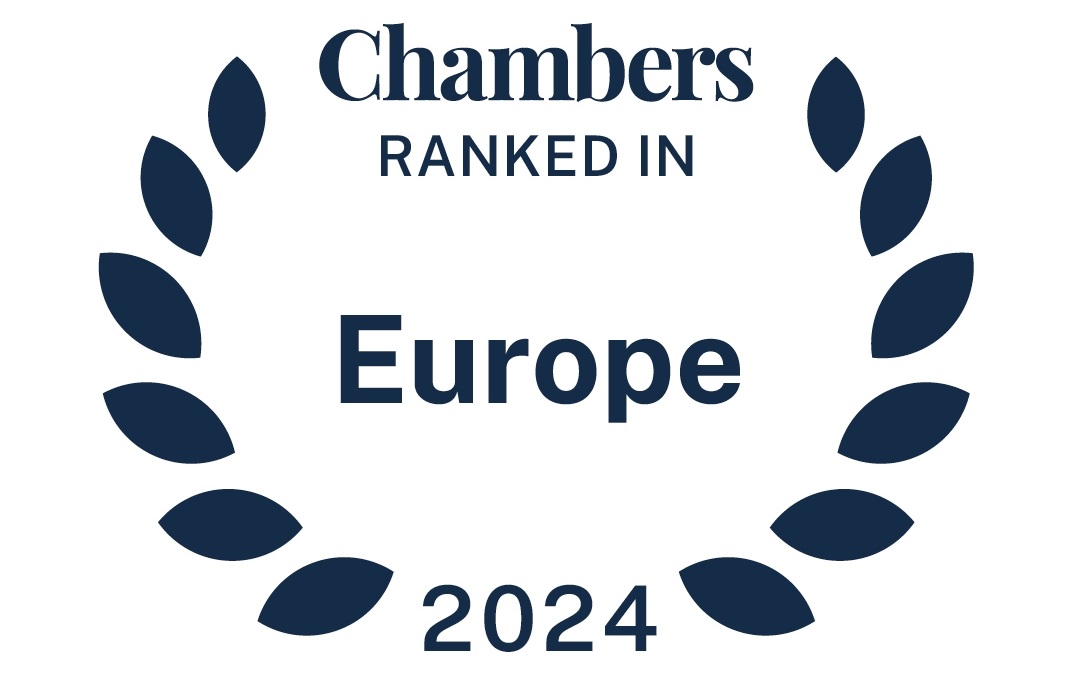The authorities responsible for export controls in Germany are currently focused on simplifying and accelerating their existing administrative procedures. Since fall 2023, they have enacted three packages of measures, which, among other things, significantly expand the catalog of general export authorizations (GAs). This offers companies substantial time and cost advantages, as the export projects covered by the GAs do not have to undergo individual licensing procedures anymore. The following provides an initial overview of the legislative amendments in this regard.
Background
Both German and European law stipulates administrative licensing requirements for the export of certain goods (e.g. weapons and other military equipment, technology and software). Well-known examples arise from the Export List attached to the German Foreign Trade and Payments Ordinance (Außenwirtschaftsverordnung) (German Export List) or the EU Regulation 2021/821 (EU Dual-Use Regulation). As the chief national licensing authority in Germany, the Federal Office for Economic Affairs and Export Control (BAFA) grants exports by way of (i) individual licenses for specific order and recipient-related export projects, (ii) collective licenses for an indefinite number of similar exports with one or several precisely defined end-users or countries of destination, or also as (iii) GAs. Such GAs, which cover specific categories of goods and countries of destination, are introduced by BAFA ex officio, i.e. on its own initiative. As they do not have to be applied for, their use can accelerate administrative procedures and increase planning security.
The Three Packages of Measures
According to BAFA, the three recent packages of measures are designed to accelerate export processing with selected EU/NATO allies as well as other close partners (for example Brazil, Republic of Korea, Singapore). In the case of further third countries, however, case-by-case assessment and individual licensing will remain necessary.
First Package
The first package of measures, which came into force on September 1, 2023, introduced several new GAs, for example for the export of;
- “Other military equipment” (GA no. 33) referring to goods listed in Part I Section A of the German Export List (a. with exceptions for listed war weapons or specific software/technology). Other than EU/NATO allies, authorized countries of destination include Australia, Japan, Republic of Korea and Switzerland
- “Software for military equipment” (GA no. 34) covered by number 0021 of Part I Section A of the German Export List and intended for goods of this section for which a valid export license has been issued. The GA does not apply if the software is used for a performance improvement (upgrade) of the originally exported goods. Other than EU/NATO allies, authorized countries of destination include Australia, Chile, Japan, Republic of Korea, Singapore, Switzerland and Uruguay
- “Dual-use goods” (GA no. 37) referring to goods listed in Annex I of the EU Dual-use Regulation (a. with exceptions for specific technology). Authorized countries of destination are Argentina, Chile, Mexico, Republic of Korea, Singapore and Uruguay.
To enable sufficient official control despite the procedural simplifications, the new GAs oblige their users to register with BAFA and/or to report exports carried out within strict deadlines. In addition to the introduction of new GAs, further authorized countries of destination were also added to numerous existing GAs.
Regardless of the GAs, with the first package of measures the validity periods of other BAFA decisions have been extended to the benefit of their addresses. An example is the so-called zero notice (i.e. statement that specific export projects are not subject to licensing requirements), which in future will be valid for two years instead of one.
Second Package
The second package of measures, which came into force on January 8, 2024, introduced two new GAs for the export of
- “Certain chemicals” (GA no. 40) listed in Annex I of the EU Dual-use Regulation to India
- “Spare parts in the dual-use sector” (GA no. 41) of up to 25% of the value of the main item, for the export of which a BAFA license was granted. Except for weapon embargo countries (for example Iran and Russia), this GA applies to all countries of destination.
In addition to the introduction of new GAs, the second package of measures added further categories of goods and authorized countries of destination to some existing GAs, such as Brazil to GA no. 37 and Singapore to GA no. 33 (both introduced with the first package of measures).
Furthermore, the deadlines within which exports must be reported to BAFA have been extended for some GAs. According to GA no. 33, for example, reports can now be submitted monthly by the end of the month instead of within two weeks as previously stipulated.
Third Package
The third package of measures, which came into force on April 1, 2024, introduced another new GA for the export of “marine equipment” (GA no. 36) referring to goods listed in Part I Section A of the German Export List.
In addition, the validity periods of numerous expiring GAs were extended until March 31, 2025 and an additional exclusion clause considering specific circumstances of the German War Weapons Control Act (Kriegswaffenkontrollgesetz) was added
*Trainee Kerstin Hermsen also contributed to this article.





